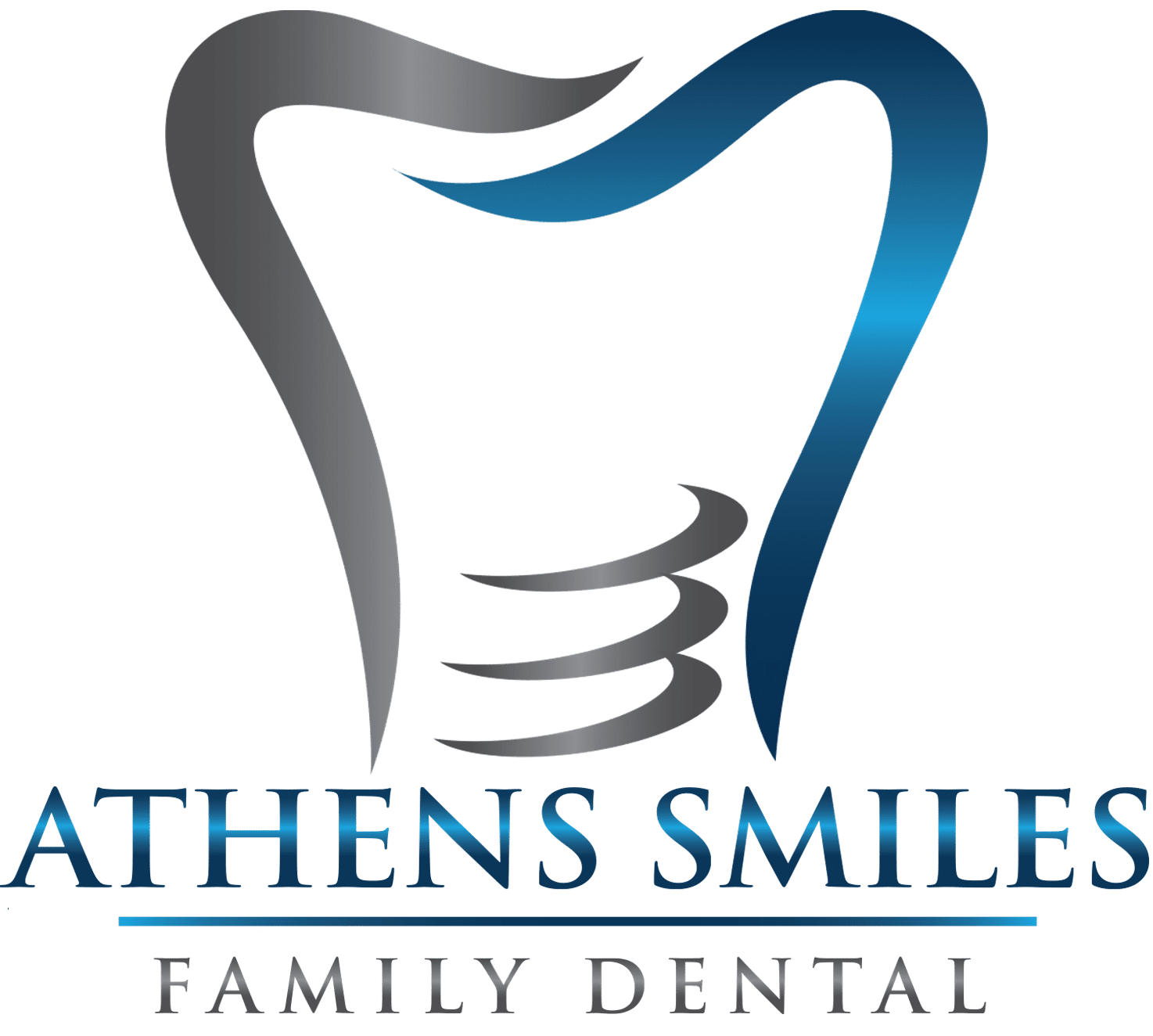5 Benefits of Getting Dental Sealants
Are you worried about getting cavities? Or are you hoping to lower your child’s risk of cavities? Dental sealants offer a great way to protect teeth and reduce this risk. At [practice_name], our dentists in Athens, TX, offer this service for children and adults to guard against tooth decay.
Reduce Plaque Buildup
Even when you brush your teeth daily, you can end up with plaque. This forms from debris on your teeth that attracts bacteria, leading to plaque formation. Sealants help keep bacteria away and prevent plaque accumulation.
Better Protection from Stains
Did you know that some foods and beverages can stain your teeth, including your back teeth? Sealants help protect these teeth from discoloration and staining for an improved appearance.
Lower Risk of Tooth Decay
You can get cavities in molars and premolars more easily than other teeth. These back teeth have surfaces that are harder to clean due to the crevices and grooves they have. Sealants coat these areas to protect them from decay.
Prevent Cavities in Kids’ Teeth
Kids may struggle to clean their back teeth, leaving bits of food behind on molars and premolars. Dental sealants cover these tooth surfaces and stop bacteria from causing cavities.
Simple and Effective Process
Getting sealants is a quick process. We brush the coating onto your teeth and use a UV light to cure it. You can have sealants reapplied as needed, too, to keep teeth safe from decay.
Schedule an Appointment Today for Sealants!
Do you want better protection for your teeth or your kids’ teeth? Our dentists at [practice_name] offer dental sealants in Athens, TX, to help reduce the risk of tooth decay and keep teeth healthy!





